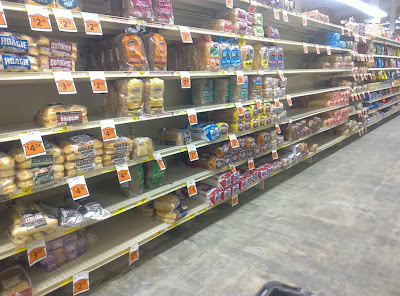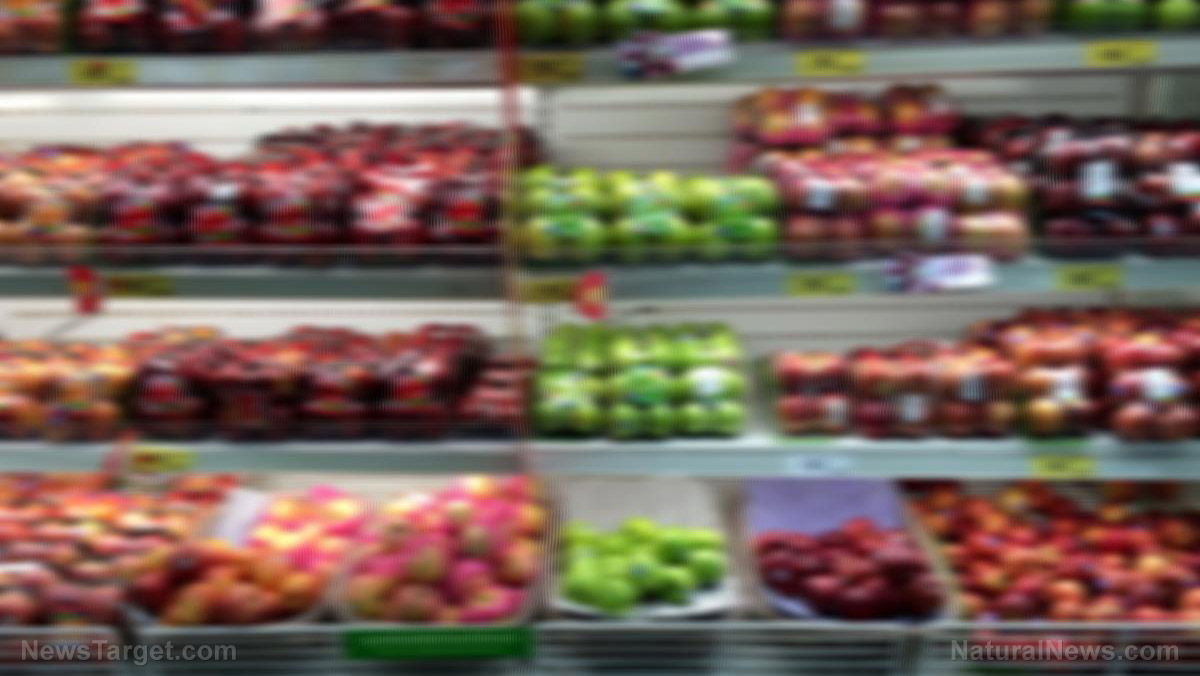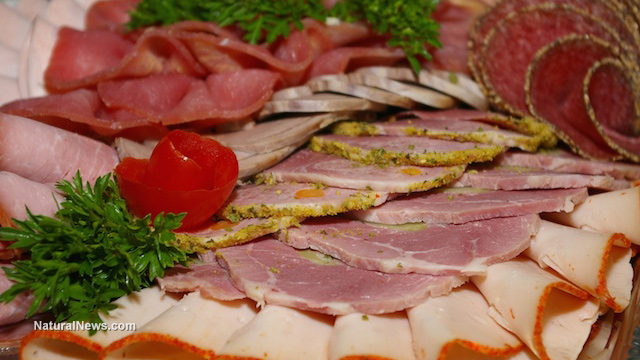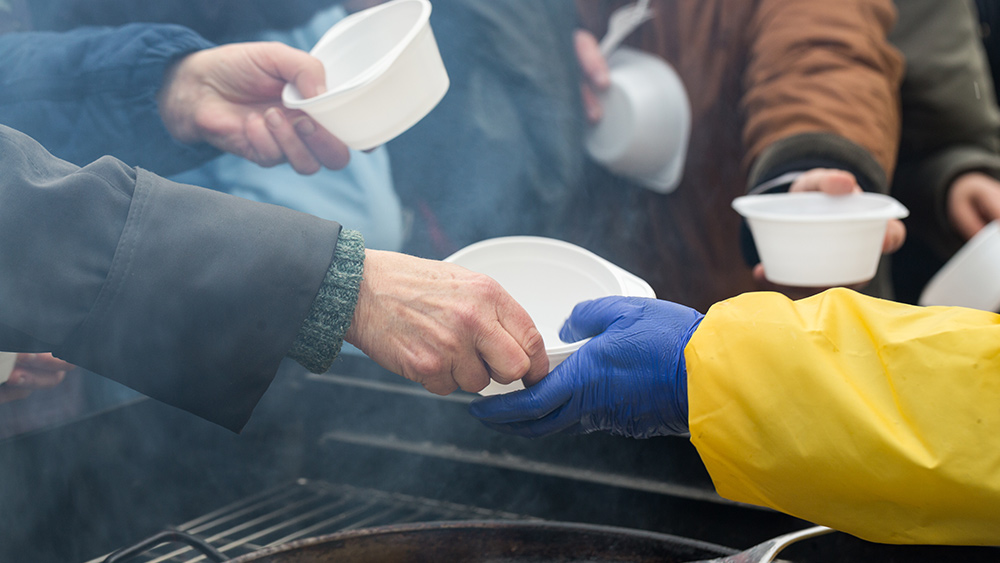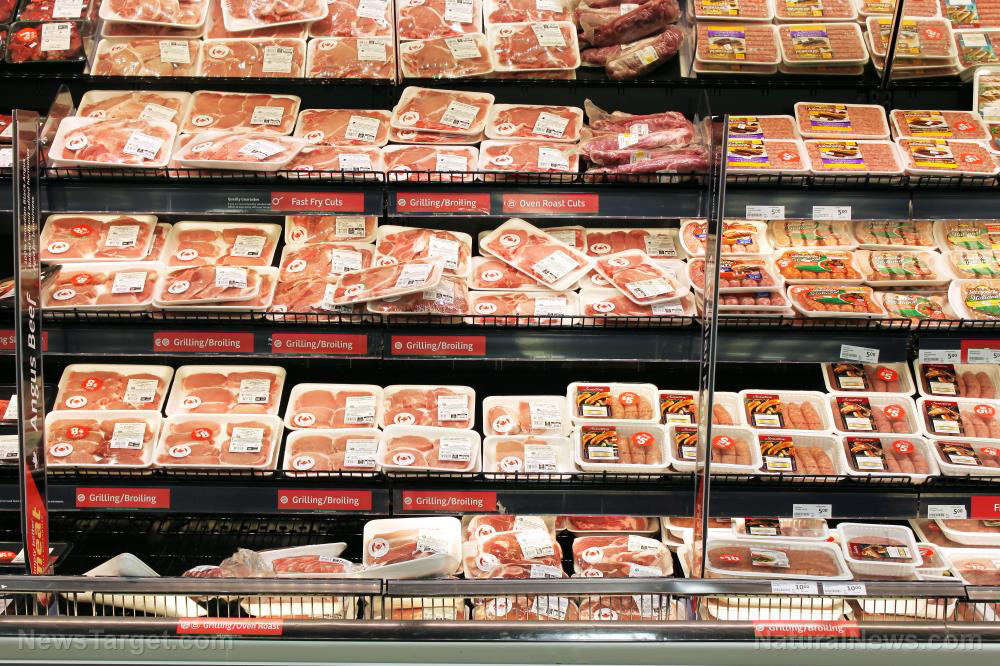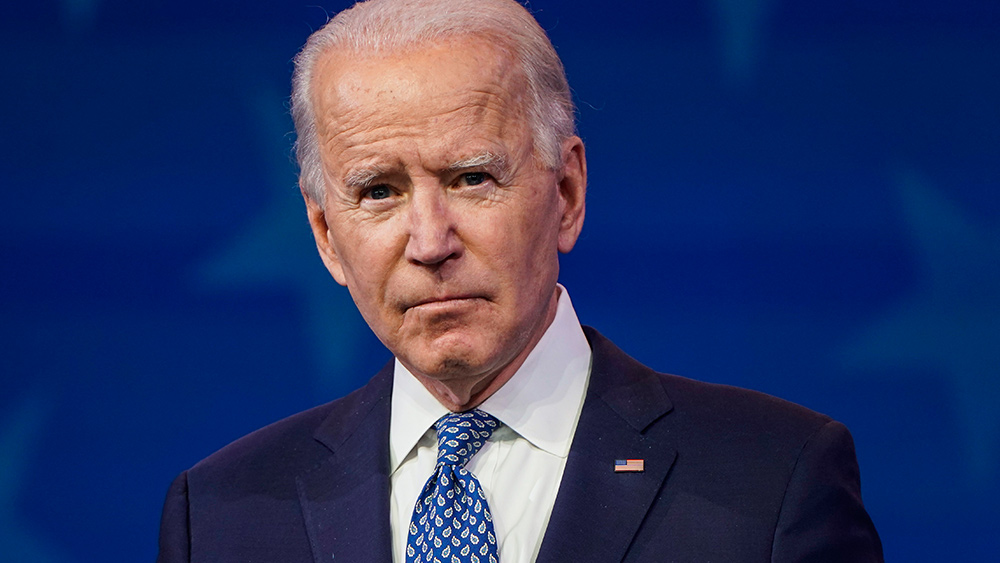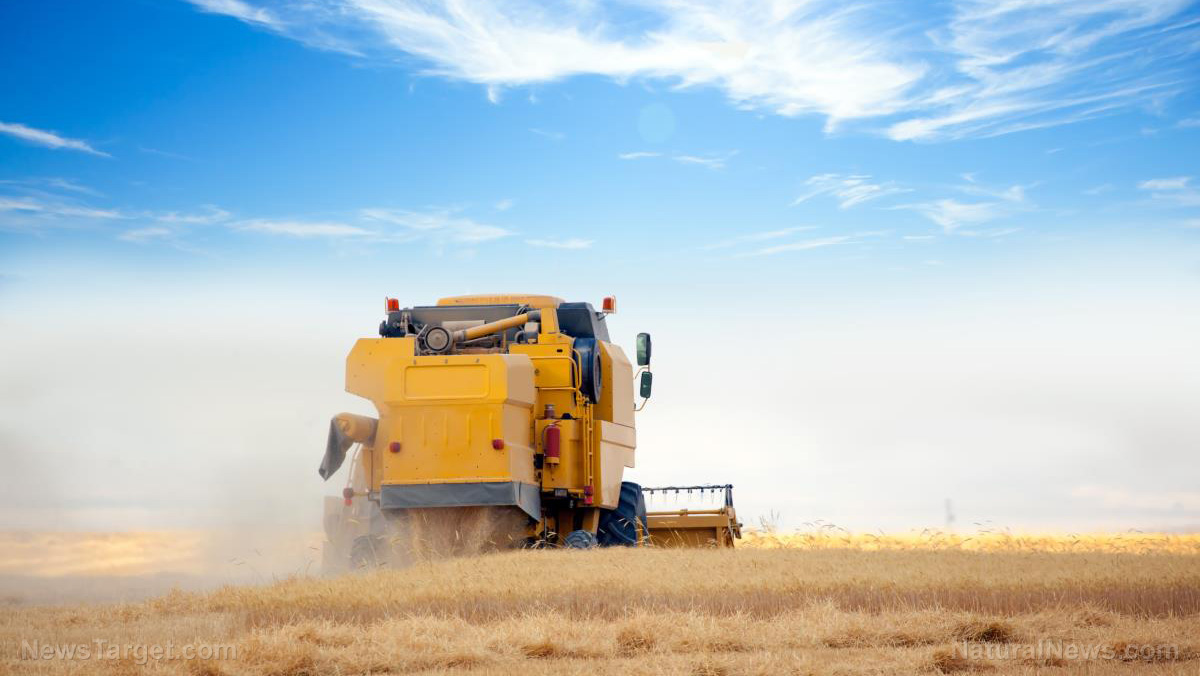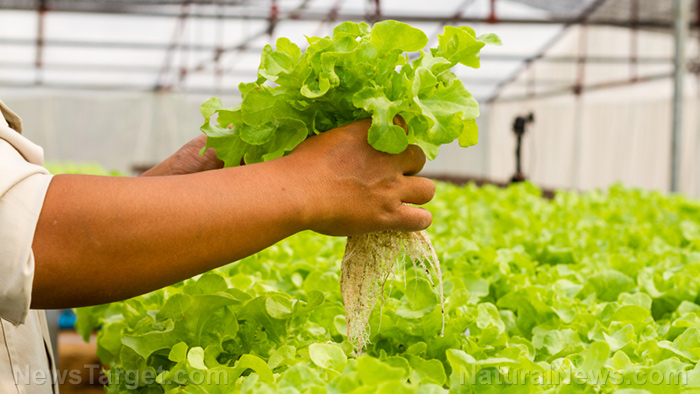Unilever raises product prices due to rising costs of raw materials
10/26/2021 / By Ramon Tomey
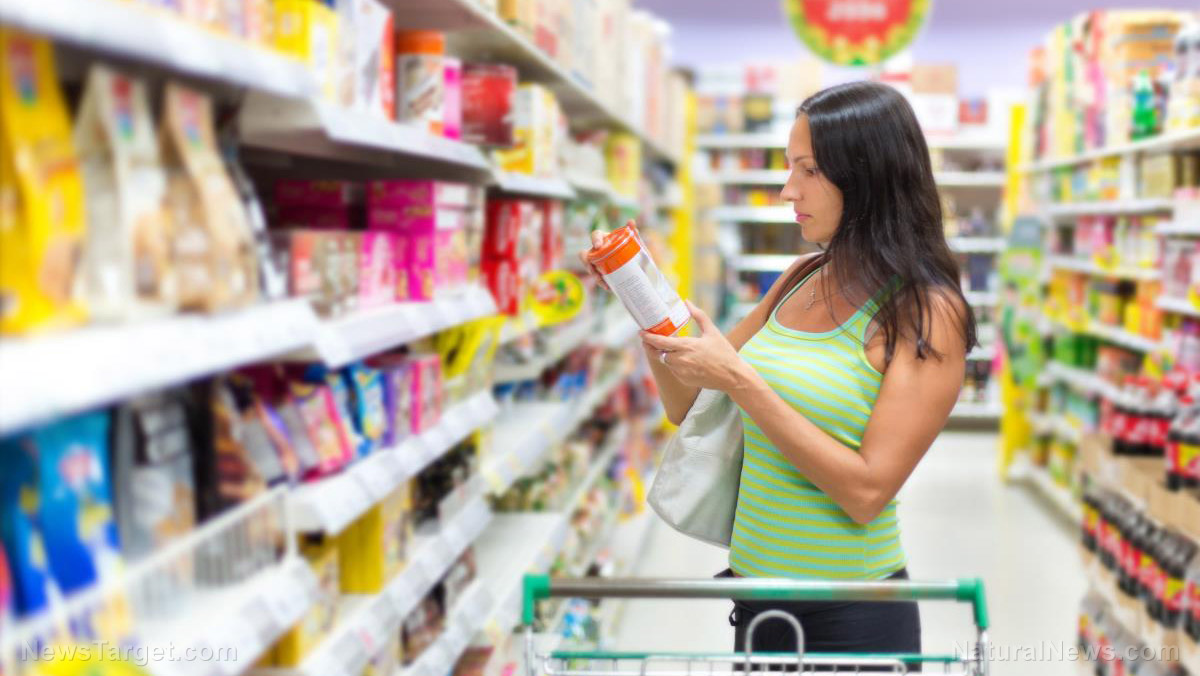
Consumer goods company Unilever has raised prices due to rising raw materials costs.
The multinational firm warned that inflation would continue for at least the next 12 months. Unilever said on Oct. 21 that it increased its prices by 4.1 percent in the third quarter of 2021. The price hikes serve to pass rising material costs to consumers. The higher prices compensate for a drop in shipments to Southeast Asia during Wuhan coronavirus (COVID-19) outbreaks, the company added.
Unilever CEO Alan Jope said: “Our current view of the future is that peak inflation will be in the first half of 2022, and it will moderate as we move towards the second half.”
Unilever CFO Graeme Pitkethly also warned that inflation could surge even higher when 2022 comes, and that Unilever would have to deal with fluctuating spot prices in the future. Pitkethly added that while inflation in the consumer goods industry is in the “high teens,” the company is able to mitigate some of its effects due to its negotiating power.
The British multinational company has been suffering from higher shipping costs and commodity prices – including oils and crude oil derivatives.
According to Pitkethly, the effects of inflation have affected €20 billion ($23.3 billion) worth of raw materials and logistical costs amounting to €3 billion ($3.5 billion). “We continue to take pricing responsibly, and that’s in relation to the very high levels of inflation we’re seeing,” he told reporters.
The company is seeking to offset inflation impact by means of efficiency measures. However, it still faces the risk of higher prices prompting consumers to switch to cheaper products.
Inflation forces companies to raise prices
Other food manufacturers have issued similar warnings of inflation triggering price hikes. Swiss food company Nestle said on Oct. 20: “Inflation costs are rising faster than we can roll forward through pricing. The situation has not improved. If anything, we are seeing further downsides compared to the summer.” (Related: Food prices will climb in 2021 as inflation accelerates.)
Food company PepsiCo said it is currently facing rising costs. “A number of external factors have impacted and may continue to impact transportation and commodity costs,” the company wrote in a quarterly report to the U.S. Securities and Exchange Commission.
PepsiCo said: “Many of the commodities used in the production and transportation of our products are purchased on the open market. The prices we pay for such items are subject to fluctuation. When prices increase, we may or may not pass on such increases to our customers without suffering reduced volume, revenue, margins and operating results.”
Food manufacturer Kraft Heinz also joined the list of companies raising their prices. Citing inflation “across the board,” Kraft Heinz CEO Miguel Patricio said people in the U.S. and other parts of the world must get used to higher food prices.
“We are raising prices, where necessary, around the world – specifically in the U.K., with the lack of truck drivers. In the U.S., [logistics] costs also increased substantially, and there’s a shortage of labor in certain areas of the economy,” the head of Kraft Heinz said. (Related: Kraft Heinz CEO says people must get used to higher food prices.)
However, Patricio noted that not all costs should be passed on to customers. He said: “I think it’s up to us, the industry and the other companies to try to minimize the price increases. There’s a lot to come in technology to improve the effectiveness of farmers.”
FoodSupply.news has more stories about food manufacturers raising the prices of their products due to inflation.
Sources include:
Tagged Under: bubble, Collapse, corporations, food collapse, food companies, food prices, food supply, grocery, Inflation, Kraft Heinz, Nestle, PepsiCo, price hikes, products, raw materials, risk, unilever
RECENT NEWS & ARTICLES
COPYRIGHT © 2017 STARVATION NEWS

